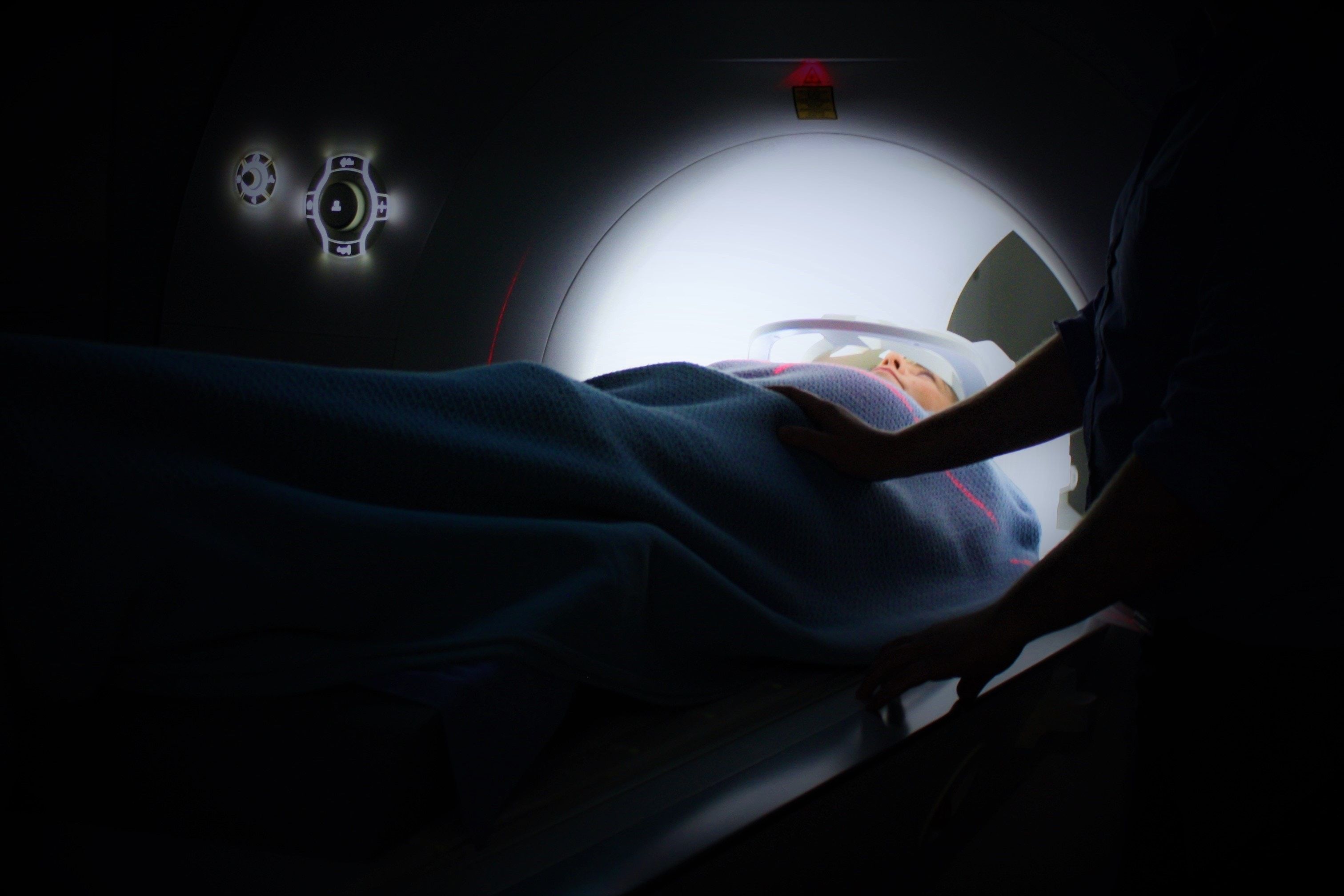New study reveals potential DNA test for prostate cancer
A new study has determined a method of cancer screening that could help to identify the top 10% of men at risk of developing prostate cancer. Trials have now begun on a simple test that checks for over 150 DNA markers in the saliva of those being screened. It is hoped that the test will identify men who possess a high likelihood of developing prostate cancer, allowing them to sooner receive immunotherapy, MRI scans or biopsies.
The study, which was performed by the Institute of Cancer Research (ICR) in London and the University of Michigan, combined over a hundred DNA markers into a screening flag that could be used to diagnose early and late-stage prostate cancer. The ICR has since launched a series of trials to establish whether this flag is effective at diagnosing the disease.
Trials have now begun on a simple test that checks for over 150 DNA markers in the saliva of those being screened
Rosalind Eeles, a researcher at the ICR, explained that “the reason [they] are particularly excited by the test is that this can be offered in general practice” and that a simple test using saliva could be used to “identify who is most at risk of prostate cancer so we can offer them targeted screening”. As genetics play a large part in a man’s likelihood of developing prostate cancer, the team hopes that the test will one day be used to quickly and reliably identify those at risk, allowing fast treatment before the cancer progresses into its later stages.
The test relies on identifying DNA markers, which are specific genetic sequences that can always be found in the same location of our DNA. Though there were multiple known markers already associated with prostate cancer, the available screening methods were insufficient to identify all those at risk. The study reported on identified a further 63 potential markers for prostate cancer, enabling the development of a flag for simple DNA tests. The researchers hope the tests – which use the DNA found in a man’s saliva – are successful at finding those men who possess a greater risk of developing it. Trials commenced in early June, 2018.
Though there were multiple known markers already associated with prostate cancer, the available screening methods were insufficient to identify all those at risk
Prostate cancer is an incredibly prevalent form of cancer in adult males. Around one in eight men develop it at some point in their lives, and around four in 10 of those were diagnosed during the late stages of the disease. It is also thought that prostate cancer causes approximately 13% of male mortalities in the UK.
These figures suggest that devising new, effective ways of detecting prostate cancer is incredibly important. If prostate cancer can be diagnosed in its earliest stages, there is an extremely high likelihood of patients surviving for five years and more.
Around one in eight men develop it at some point in their lives, and around four in 10 of those were diagnosed during the late stages of the disease
An individual’s probability of developing prostate cancer is linked to their age, lifestyle and to their genetic predisposition. As a result, one’s chances of developing the common form of cancer are greater if a close family member has already been diagnosed with it. The proposed DNA tests could identify high-risk groups and help to find them effective treatment before it is too late.
In fact, survival rates have tripled over the past 40 years. It is believed that this success is attributable to the increased usage of PSA testing, which is a method of diagnosing prostate problems by identifying the PSA antibody in the blood. PSA tests are limited to only those aged 50 and over, and some men may face difficulty finding a professional willing to administer the test. Further, PSA antibodies do not always correlate with the development of prostate cancer. Some men with high PSA may never suffer from the disease, whereas some cases will not be detected. This highlights the necessity of creating fast and reliable diagnostic techniques for the future.

Comments